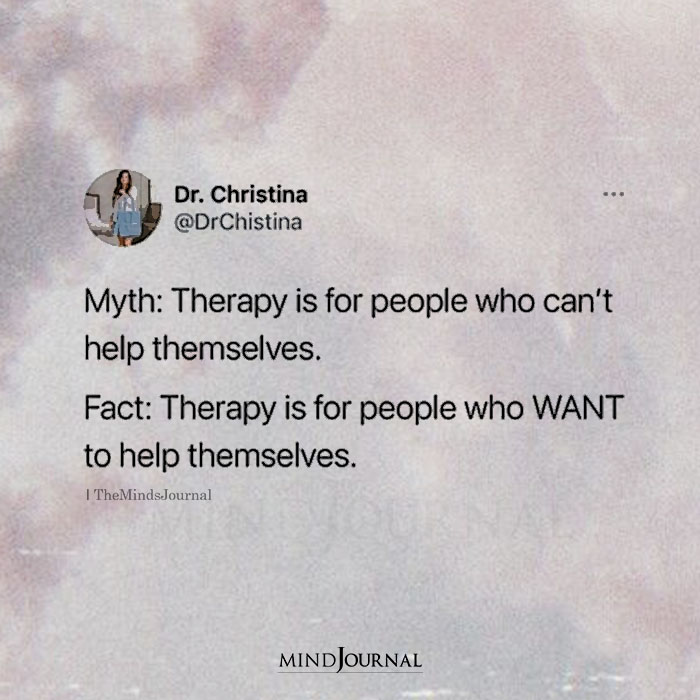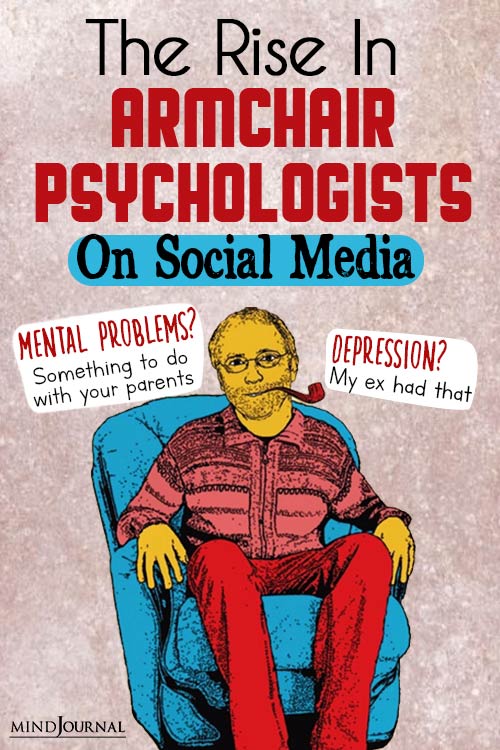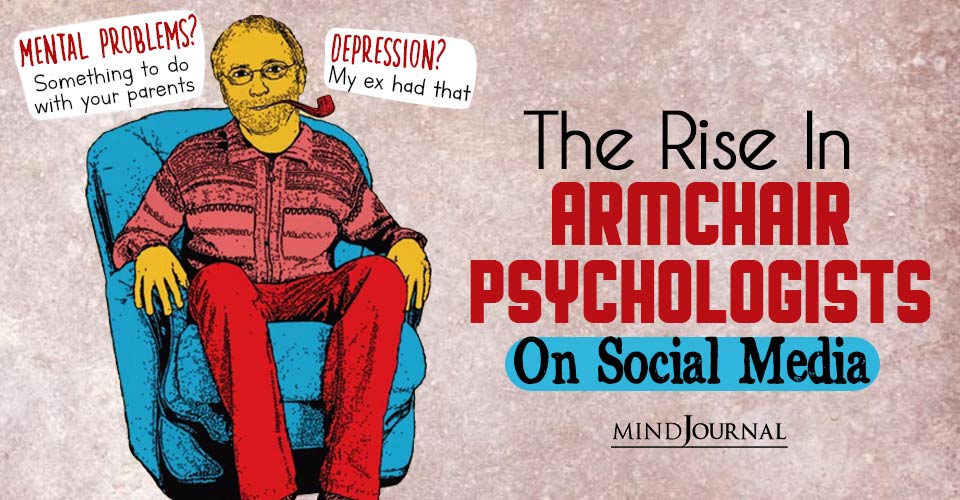With the rise of social media, the rise of armchair psychologists has also occurred. However, the information you get on social media might not always be reliable, and can even be dangerous for you sometimes. But what is armchair psychology and what is the problem with armchair psychology? This article is going to speak in detail about the rise of armchair psychology on social media and how to deal with armchair psychologists.
Key Points:
- The rise of mental health discussions on social media is leading to a lot of misinformation, which could be dangerous to readers.
- At the same time, information from social media has given many an explanation and understanding of their traumas and experiences.
- Social media may not be a perfect resource, but it’s not going away, and it’s imperative to understand how to get accurate information.
Psychotherapists have a very isolating job. We are living in a world with constant chaos and compounding and layering crises—details that we must hold onto alone. While it took us many years of classroom work, clinical hours, and, sometimes, exams, we quickly find that the end result is a career that is both intense and solo—the juxtaposition of intimacy and isolation.
Related: How You Can Protect Yourself From Self-Proclaimed And Fake Narcissism Experts
Social Media’s Impact On How We Think About Mental Health
Even as we crawl out of the pandemic, we continue to find that so many Americans lack available mental health support and access to care. With its 24-hour availability, social media has become the dominant source of support and information for many.
And, ironically, due to the ethical codes that prohibit us from providing mental health information other than in generalities, much of the information out there comes from amateurs.
Anyone can share a meme or “go live,” sharing information that they think, and we hope, is correct. Recently, agencies such as the National Institutes of Health have declared that the volume of untrained, self-described experts offering wellness advice is having a serious impact on how we think about mental health.
Social media is littered with memes and bite-sized videos offering mental health tips and information that claim to offer answers to all of our mental health problems. Some even go as far as to suggest ways to diagnose others in your life. This is dangerous because many of the people giving this information are not qualified.
Reading a bunch of articles on Google and going through a bad breakup does not make you qualified to diagnose everyone else’s ex as a narcissist, but this overuse of the word is contributing to a watering down of its use, which is diminishing the experiences of survivors of true psychological abuse.
However, there are many who are finally able to put a name to their experience thanks to the information they obtained from social media. Trauma is something that many of us can relate to, and I do not believe that mental health clinicians should be the gatekeepers of these conversations.
For all its flaws, social media is normalizing conversations around mental health, trauma, and abuse; destigmatizing these experiences, and helping our clients feel more understood and validated.
Without validation from social media, many of our clients might not feel comfortable discussing their experiences in the therapy setting—or they might have waited years or even decades before they even become aware of them.
Social media may not be a perfect resource, but it’s not going away, and it’s imperative to understand its presence and influence in many of our (and especially our clients’) lives. I always urge my clients to bring in any information that they learn, and we can explore it together.
I am the first to admit that I am not an expert on everything—but I can usually spot inaccurate or harmful information.

5 Ways To Make Sure The Information You Are Getting On Social Media Is Accurate
1. Remember, Nobody Can Diagnose Someone Who Is Not In The Room.
So, the influencer on Instagram who said that your ex “must be” a narcissist is unfortunately unable to give this information.
Anyone who is an expert will understand that they cannot diagnose a person based on a couple of comments on a social media post. Information should be taken in a general sense to gain knowledge and support, not to provide or give a specific diagnosis.
Related: How Do I Know If a Therapist is Right For Me? 10 Signs
2. Take A Look At The Person’s Credentials.
This does not mean that only licensed mental health professionals can provide information, and it also does not mean that licensed clinicians are always correct.
There is a lot of useful information out there from people who are coaches, or just people looking to help others based on their personal and life experiences. Just take the information along with a greater amount of research.
3. Beware Of Strong Biases.
We have all come across the scorned lovers who create an account as part of their healing—but also as a way to seek revenge. Does the information seem angry or like it is trying to push an agenda? This does not automatically mean it is incorrect, only that you should consider that information as you go about your search for knowledge.
All clinicians understand that consulting and working together is a huge part of developing an understanding of how to support our clients. No one person is an expert on every topic, every time. While one person can be very influential, and that is great, make sure to listen to other information on the topic as well.
4. Take Caution Against “Quick Fixes” Or Pushes For Your Money.
You cannot “cure” anxiety, depression, posttraumatic stress disorder (PTSD), or trauma with a minimum amount of meetings or classes, and you should never feel like you have to commit to a long amount of classes in order to receive support.
This is not to say that these things do not work for some, as many have found healing that comes from the strong sense of community in a group or peer support—just that you should not feel pressured to commit.
Related: 10 Common Myths About Therapy
5. Look Out For The “all-or-nothing” Or Black-and-white Posts.
Not every symptom, diagnosis, and condition will present a certain way 100 percent of the time. Trauma in a BIPOC (Black, Indigenous, and people of color) person often looks different than in a white person, and, even then, it will not look exactly the same in two individuals even if they had the same experience.
A full diagnosis comes from looking at the whole person and the impact of the symptoms on their quality of life.
Want to know more about the dangers of armchair psychology and armchair psychologists? Check this video out below!
References:
The National Institute of Mental Health. 2022. Understanding Social Media and Youth Mental Health. https://www.nimh.nih.gov/.
Written By Kaytee Gillis, LCSW-BACS Originally Appeared On Psychology Today









Leave a Reply
You must be logged in to post a comment.